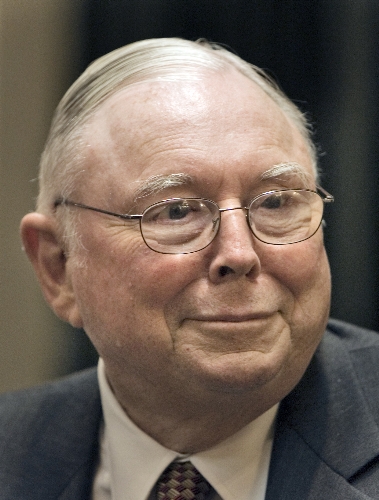Joshua Kennon is a Managing Director of
Kennon-Green & Co., a private asset management firm specializing in global value investing for affluent and high net worth individuals, families, and institutions. Nothing in this article or on this site, which is Mr. Kennon's personal blog, is intended to be, nor should it be construed as, investment advice, a recommendation, or an offer to buy or sell a security or securities. Investing can result in losses, sometimes significant losses. Prior to taking any action involving your finances or portfolio, you should consult with your own qualified professional advisor(s), such as an investment advisor, tax specialist, and/or attorney, who can help you consider your unique needs, circumstances, risk tolerance, and other relevant factors.
By Charlie Munger (Warren Buffett’s partner at Berkshire Hathaway) Speech at Harvard Law School (1995) Transcription of The Psychology of Human Misjudgment, comments [in brackets] by Whitney Tilson. Note from Joshua Kennon: I’ve written a lot about Charlie Munger over the years, especially the influence he has had on my life and how we run…
Optimism bias, sometimes referred to as unrealistic bias or comparative optimism, is a particularly powerful mental model because it causes a person to believe he or she is less likely to experience a negative event than members of the general population with statistically identical risk factors.



